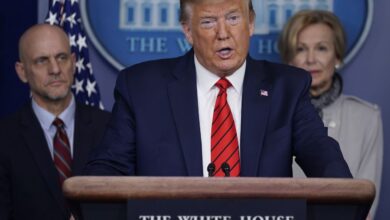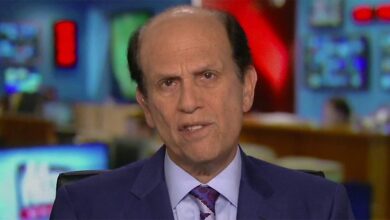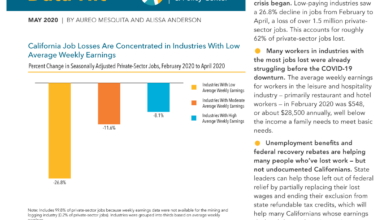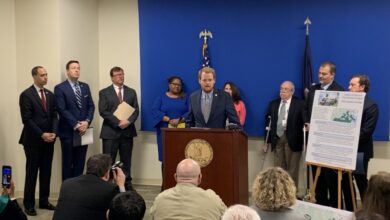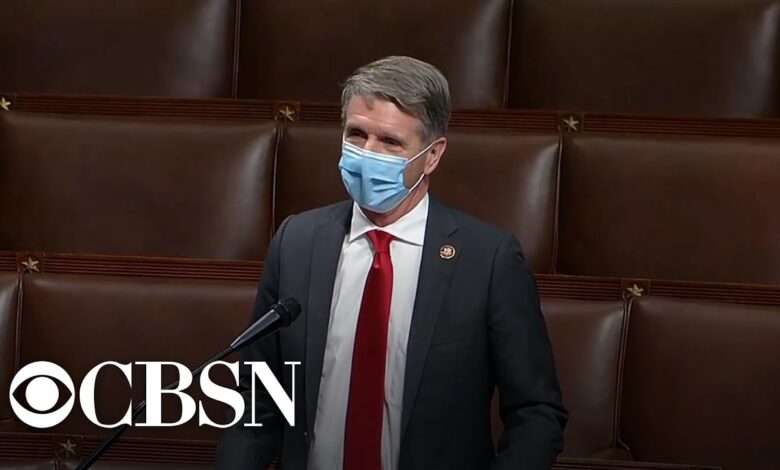
Problem Solvers Caucus Predicts Deal on Coronavirus Stimulus Bill
Bipartisan leaders of problem solvers caucus predict deal on horizon for coronavirus stimulus bill – As bipartisan leaders of the Problem Solvers Caucus predict a deal on the horizon for a coronavirus stimulus bill, hope flickers amidst the ongoing political gridlock. This group of moderate lawmakers, known for their commitment to finding common ground, has emerged as a potential catalyst for a much-needed economic lifeline.
Their optimistic outlook, however, is tempered by the deeply entrenched divisions that have plagued these negotiations for months.
The Problem Solvers Caucus, formed in 2017, boasts a diverse membership of both Democrats and Republicans. Their approach centers on identifying areas of agreement and crafting solutions that can garner bipartisan support. In the context of the current stimulus bill negotiations, the caucus has been actively engaging with both sides, seeking to bridge the gap on key issues like unemployment benefits, aid to small businesses, and funding for schools.
Impact of the Stimulus Bill
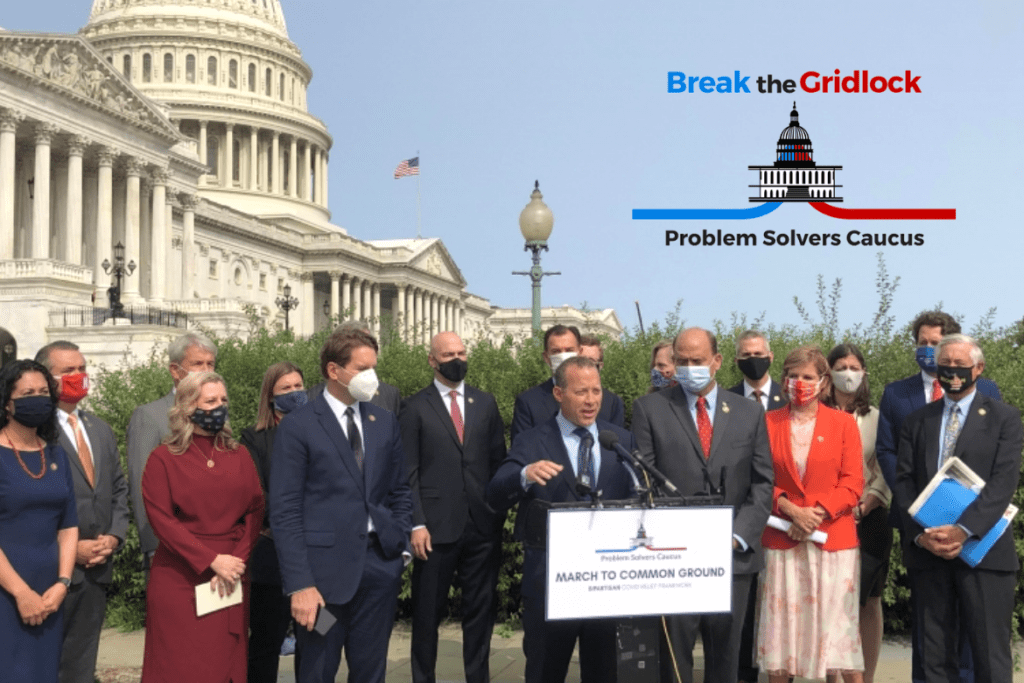
A stimulus bill, designed to inject money into the economy and boost spending, can have a significant impact on different demographics and sectors. Its effectiveness, however, depends on the specific provisions and how they are implemented.
Economic Impact
The economic impact of a stimulus bill is multifaceted. It can create jobs, stimulate business investment, and increase consumer spending. However, it can also lead to inflation, increased government debt, and potential moral hazard.
- Job Creation:A stimulus bill can create jobs by funding infrastructure projects, providing tax breaks for businesses, and supporting industries affected by the pandemic. For example, the American Recovery and Reinvestment Act of 2009, a significant stimulus package, was credited with creating millions of jobs during the Great Recession.
- Business Investment:Tax breaks and subsidies can encourage businesses to invest in new equipment, technology, and expansion, leading to economic growth. For instance, the CARES Act, a stimulus package enacted in response to the COVID-19 pandemic, included provisions for loans and grants to small businesses.
- Consumer Spending:Direct payments to individuals can increase consumer spending, boosting demand for goods and services. This can lead to a ripple effect, creating jobs and further stimulating the economy. The Economic Impact Payments included in the CARES Act provided direct financial assistance to individuals and families.
- Inflation:Excessive stimulus spending can lead to inflation, as the increased money supply chases a limited amount of goods and services. This can erode the purchasing power of consumers and lead to higher prices.
- Government Debt:Stimulus bills often require increased government borrowing, adding to the national debt. This can have long-term implications for the economy, including higher interest rates and potential future tax increases.
- Moral Hazard:Stimulus programs can create a moral hazard, where individuals and businesses become reliant on government assistance and are less likely to take risks or innovate. This can hinder long-term economic growth and create dependency on government support.
Social Impact, Bipartisan leaders of problem solvers caucus predict deal on horizon for coronavirus stimulus bill
A stimulus bill can also have a significant social impact, particularly on vulnerable populations.
- Unemployment Benefits:Extended unemployment benefits can provide a safety net for individuals who have lost their jobs. This can help prevent poverty and hardship, especially during economic downturns.
- Healthcare Assistance:Stimulus bills may include provisions for healthcare assistance, such as subsidies for health insurance premiums or funding for public health programs. This can improve access to healthcare and reduce financial burdens for individuals and families.
- Education Support:Funding for education can help ensure that children and adults have access to quality education and training, improving their future earning potential and social mobility.
- Housing Assistance:Stimulus bills can provide rental assistance, mortgage relief, and other housing support, preventing homelessness and housing insecurity. This is crucial during economic crises, when many individuals and families face financial hardship.
- Food Security:Increased funding for food assistance programs can help address food insecurity, ensuring that individuals and families have access to nutritious meals. This is particularly important for low-income households and vulnerable populations.
Long-Term Consequences
The long-term consequences of a stimulus bill can be both positive and negative, depending on the specific provisions and the economic environment.
- Economic Growth:A well-designed stimulus bill can promote long-term economic growth by creating jobs, stimulating investment, and increasing productivity. However, poorly designed or excessive stimulus spending can lead to inflation and unsustainable debt levels, hindering long-term growth.
- Income Inequality:Stimulus programs can exacerbate income inequality if they disproportionately benefit wealthy individuals and corporations. For example, tax cuts for corporations may not translate into job creation or wage increases for workers.
- Government Debt:Increased government debt due to stimulus spending can have long-term implications, such as higher interest rates and potential future tax increases. This can strain the economy and reduce future government spending on essential programs.
- Innovation and Entrepreneurship:Stimulus measures can support innovation and entrepreneurship by providing funding for research and development, supporting small businesses, and creating a favorable business environment. However, excessive government intervention can stifle innovation and create a culture of dependency.
- Environmental Sustainability:Stimulus spending can be directed towards green infrastructure projects, renewable energy sources, and sustainable practices, promoting environmental sustainability. However, it can also lead to increased consumption and environmental degradation if not carefully managed.
Visual Representation
A visual representation of the potential impact of a stimulus bill on various sectors of the economy could include a chart or diagram showing the flow of funds from the government to different sectors, such as households, businesses, and infrastructure projects.
The chart could also illustrate the potential economic and social impacts of these funds, such as job creation, increased consumer spending, and improved access to healthcare.
Epilogue: Bipartisan Leaders Of Problem Solvers Caucus Predict Deal On Horizon For Coronavirus Stimulus Bill
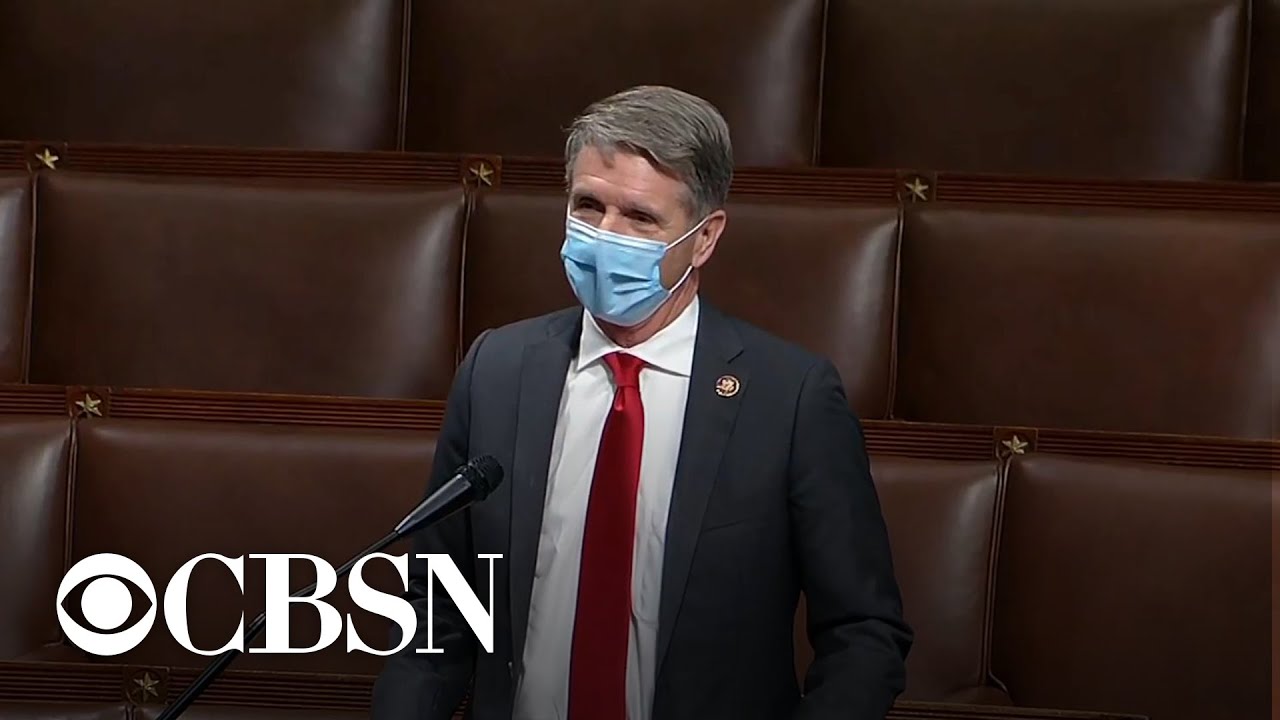
The Problem Solvers Caucus’s optimistic prediction of a deal hinges on their ability to navigate the complex landscape of partisan politics. The caucus’s success hinges on their ability to find common ground on issues like unemployment benefits, aid to small businesses, and funding for schools.
While the path to a deal remains uncertain, the caucus’s commitment to finding solutions offers a glimmer of hope for a nation struggling to recover from the economic and social impacts of the pandemic. Their efforts serve as a reminder that despite the challenges, progress can be achieved through collaboration and a shared commitment to the common good.
The bipartisan leaders of the Problem Solvers Caucus predict a deal on the horizon for a coronavirus stimulus bill, which is a glimmer of hope for many struggling Americans. However, the news comes at a time when the tourism industry in Europe is facing a renewed crisis, just weeks after reopening, as reported in this article.
While the focus is on domestic economic recovery, the global implications of the pandemic should not be overlooked. This underscores the urgency for a stimulus package to provide relief for businesses and individuals across the globe, and not just in the US.

